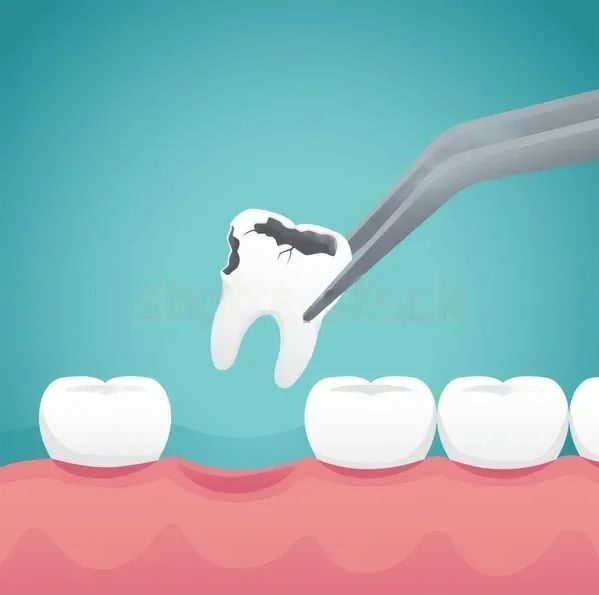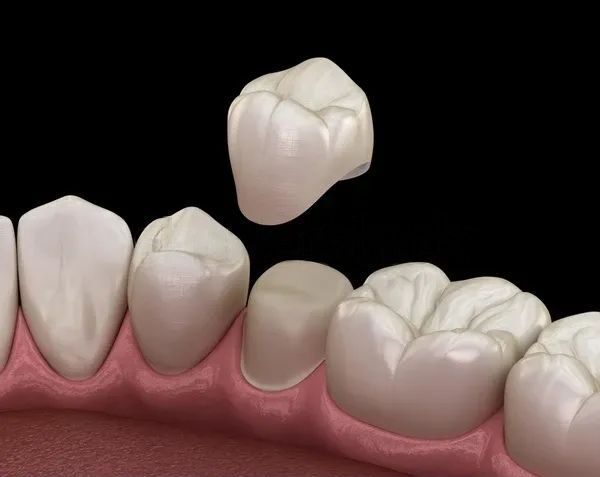 Skip to content
Skip to content
Tooth extraction is the process whereby your tooth is removed from your mouth. There are many reasons tooth extraction may be necessary, among other dental care procedures, and the most common cause is that the tooth has been damaged beyond the point of restoration. Also, tooth extractions are frequently performed on patients requiring more space in the mouth for their orthodontic treatments.
Often, tooth extractions are performed on tooths like wisdom teeth when they are impacted, which means they refuse to erupt through the gums.
There are many reasons that tooth extraction may be necessary. Common reasons for performing tooth extraction include:
While dentists and periodontists try to preserve the teeth whenever possible, there are many benefits to removing a tooth that is severely damaged. Teeth severely decayed or infected can lead to several health problems in other healthy areas of the body.
This can be possible when bacteria from the infected tooth enter the bloodstream, spreading an infection to different vital organs and raising your risk of developing severe heart disease, diabetes, respiratory diseases, and osteoporosis.
The process of extracting teeth that are impacted also presents many health benefits being that impacted teeth can cause pain, jaw stiffness, swelling, and cause general illness. They can also harm the surrounding teeth, which were once healthy, affect the nerves, and affect the mouth’s structures. These symptoms and health concerns can be avoided with just a simple extraction process.


The severity of your case will be the determining factor of the nature of the tooth extraction process employed. In most cases, the teeth visible above the gum line can be extracted using a simple process.
These simple extractions are generally performed by numbing the area around the tooth using local anesthesia and then using specially designed instruments to remove the tooth. The extraction site may need bone grafting and, if possible, sutures to ensure a quick recovery.
After tooth extractions, whether they were performed under local or general anesthesia, they can cause swelling and disturbances.
Discomfort after the extraction will be managed with pain and anti-inflammatory medication. Patients generally feel no discomfort after a few days.
If you are ready to schedule your extraction appointment or want to learn more about treatment costs and pricing, contact our office at (510) 969-4088
